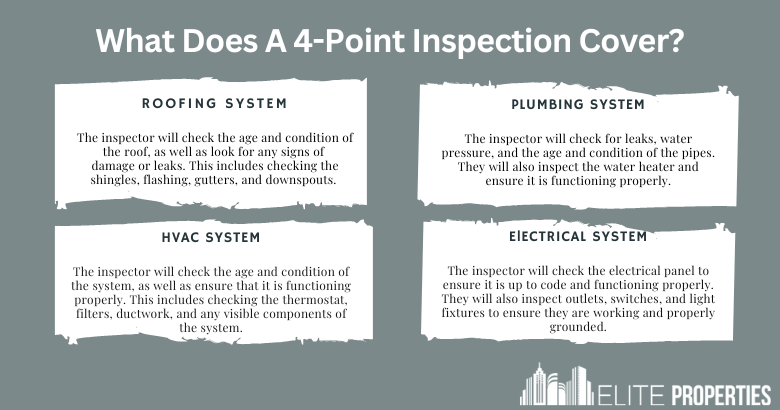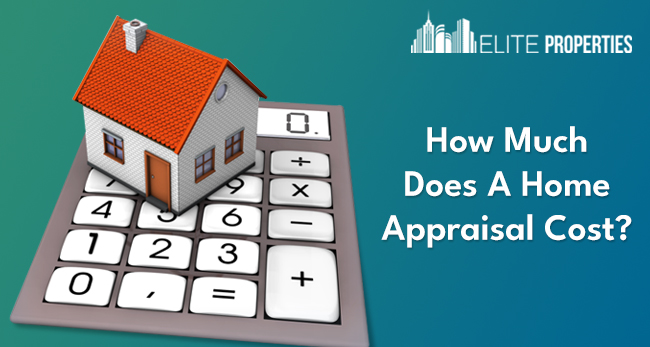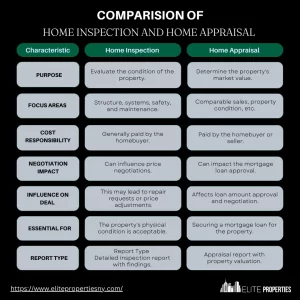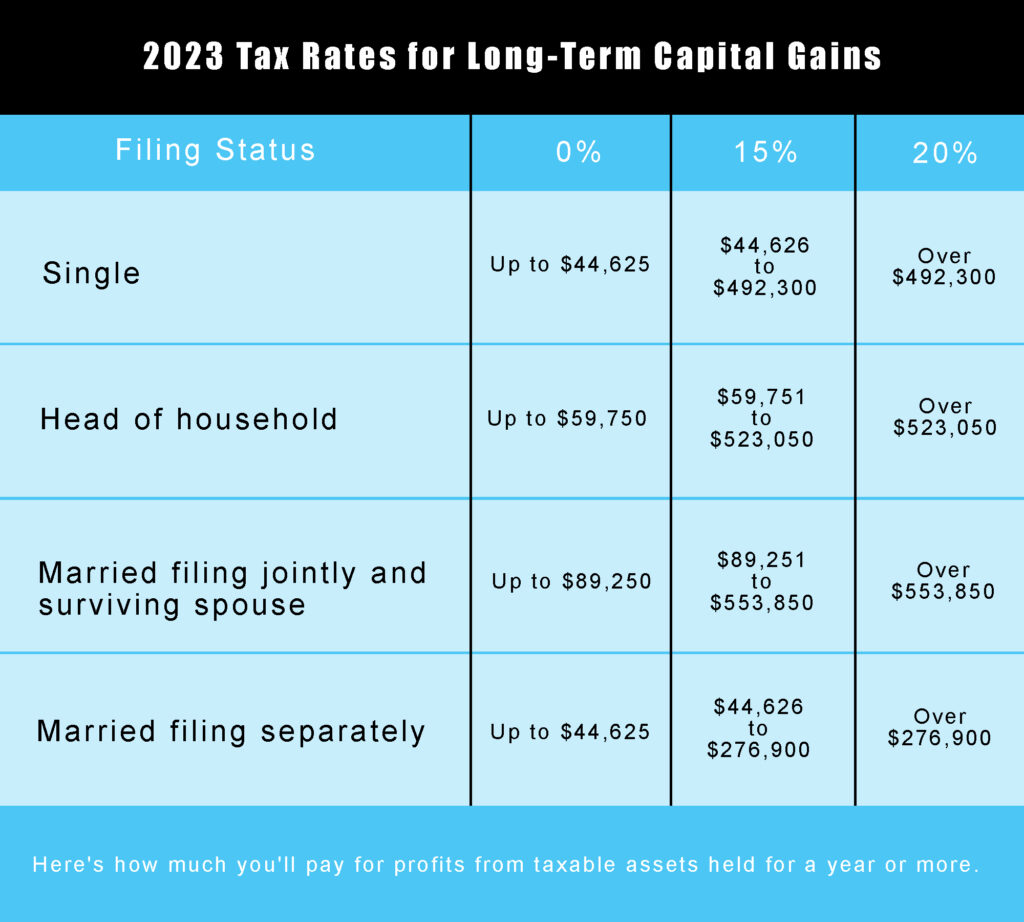If you are a homeowner simply looking to get home insurance, you may have heard about a 4-point inspection. But what exactly is it, and is it necessary?
A 4-point inspection is a specialized type of home inspection that evaluates four important areas of the property – roofing, HVAC systems, electrical systems, and plumbing connections.
Most insurance providers mandate this inspection to ensure the safety and longevity of the home’s critical elements.
Regular home maintenance is crucial to prevent significant problems from occurring in the future. 4-point inspection can help identify issues early, saving a great deal of money. It can ensure that your home is in top condition and ultimately help to increase its overall value.
Let’s explore more about a 4-point inspection, including what it means, what it covers, how much it costs, how it differs from a full home inspection, and so on.
Keep reading!
What Is A 4-Point Inspection?
A 4-point inspection is a comprehensive evaluation of a home’s four major systems- HVAC, electrical, roofing, and plumbing.
While applying for home insurance, a homeowner may often need to submit the right expert inspection report for their property. Generally, this inspection is required for home insurance policies, which determine the system’s integrity and major components.
As a result, this becomes essential to get your home insured by the insurance company, as it can primarily help to identify concealed problems if any with the four mentioned systems.
This inspection is common for older properties, sometimes it is quick and might provide you with additional choices for home insurance. Some insurers require it for houses over 20 or more years old before offering policies to avoid increased liability. The inspector will go over what has to be changed or replaced to address issues if a home fails all or part of the inspection. Such repairs are essential to get insurance.
Why is a 4 point inspection important?
- For potential homebuyers, a 4 Point Inspection is essential for insurance purposes.
- Many insurance companies require this inspection before offering coverage on older homes or homes with outdated systems.
- By understanding the condition of the property’s vital components, insurers can determine the level of risk involved and customize insurance policies accordingly. This helps protect both the homeowner and the insurance company from potential liabilities.
- For homeowners looking to sell, a successful 4 Point Inspection can offer peace of mind to potential buyers and potentially speed up the sale process.
- By knowing that the home’s critical systems are in good shape, buyers are more likely to feel confident about their investment. This can lead to quicker negotiations and a smoother transaction.
What Does 4 Point Inspection Cover?
A 4-point inspection is a detailed examination of a home’s current health that covers four primary systems: roofing, plumbing, HVAC, and electrical.

Things covered in a 4 point inspection of home.
It is essential for both the homeowner and insurer to identify potential issues and ensure that the property is up to par with the latest codes and standards. A 4 Point Inspection focuses on four key areas of a home: the roof, electrical system, plumbing system, and HVAC system. Let’s take a closer look at each of these components and what they entail:
1. Roofing
- The roofing section of the inspection covers a review of visible defects in eaves, soffits, shingles, and other roofing materials.
- The inspector will assess the overall condition of the roof, including its age, materials used, and signs of damage or wear.
- They will check for missing or damaged shingles, leaks, and signs of water damage.
- The roof’s structural integrity and potential risks, such as mold or pest infestations, will also be evaluated.
2. Plumbing System
- This covers examining the age of your water heater, the type and material of the plumbing systems in your house, and any leaks that might be present.
- The plumbing system inspection covers the entire plumbing infrastructure of the house, including water supply lines, drains, and fixtures.
- The inspector will check for leaks, water pressure issues, signs of corrosion, and potential plumbing code violations.
- They may also evaluate the functionality of fixtures such as toilets, sinks, and showers.
3. HVAC System
- This includes inspecting the type and presence of heating, ventilation, and air conditioning systems within the home, also considering the age, and condition of these systems, and any indications of leaks or other damages.
- The inspector will examine the age and condition of the HVAC unit, check for proper installation and functionality, and assess the overall efficiency of the system.
- They may also inspect the ductwork and filters for cleanliness and potential issues.
4. Electrical System
- This involves determining the type of wiring, the brand of the main panel, and the general state of the system, including any additional electrical components.
- The inspector will check for outdated or unsafe wiring, overloaded circuits, and potential fire hazards.
- They may also verify the presence of ground fault circuit interrupters (GFCIs) in appropriate areas, such as bathrooms and kitchens.
What to expect during a 4 point inspection?
A 4 Point Inspection is a comprehensive assessment that requires attention to detail and expertise. Here’s what you can expect during the inspection process:
- Scheduling: Once you’ve decided to proceed with a 4 Point Inspection, you’ll need to schedule an appointment with a qualified inspector. It’s essential to choose an inspector with relevant experience and certifications to ensure a thorough evaluation.
- Preparation: Before the inspection, it’s important to ensure access to all areas that will be assessed. Clearing any obstructions, unlocking doors, and providing necessary documentation, such as permits or maintenance records, can help streamline the process.
- Inspection: The inspector will arrive at the scheduled time and begin the assessment. They will systematically evaluate each of the four areas, documenting their findings and taking notes or photographs as necessary. The inspection may take several hours, depending on the size and complexity of the property.
- Report: Once the inspection is complete, the inspector will provide a detailed report outlining their findings. This report will typically include descriptions of any issues or concerns identified, as well as recommendations for repairs or further evaluation by specialists, if needed.
- Review and Negotiation: If any significant issues are discovered during the inspection, it’s crucial to review the report thoroughly. Depending on the nature of the findings, you may need to negotiate repairs or adjustments to the sale price with the seller. Your real estate agent can guide you through this process.
Common issues found during a 4 point inspection
A 4 Point Inspection can uncover various issues that may affect the overall condition and safety of a home. Some common issues include:
- Roof Leaks: Leaks or signs of water damage on the roof can indicate structural issues or the need for repairs or replacement.
- Electrical Wiring Problems: Outdated or unsafe wiring, overloaded circuits, and improper installations can pose fire hazards or electrical malfunctions.
- Plumbing Leaks and Water Damage: Leaky pipes, clogged drains, and water damage can lead to mold growth, structural damage, and costly repairs.
- HVAC System Inefficiency: An inefficient HVAC system can result in higher energy bills, poor indoor air quality, and discomfort.
- Code Violations: Non-compliance with building codes, such as improper venting or inadequate insulation, may require corrective actions to meet safety standards.
It’s important to address any issues promptly to ensure the safety and integrity of the home.
How to address issues found during a 4 point inspection?
If significant issues are uncovered during a 4 Point Inspection, it’s essential to address them promptly and effectively. Here’s a step-by-step approach to tackling these issues:
- Evaluate the findings: Review the inspection report in detail and seek clarification from the inspector if needed. Understand the severity and potential implications of the identified issues.
- Obtain repair estimates: Obtain estimates from licensed contractors for the necessary repairs or replacements. It’s advisable to get multiple quotes to compare costs and ensure competitive pricing.
- Negotiate with the seller: If you’re a potential buyer, discuss the inspection findings with your real estate agent and negotiate with the seller. Depending on the nature and cost of the repairs, you may request that the seller handle them or adjust the sale price accordingly.
- Prioritize safety: Address any safety-related issues first. Issues that pose immediate risks to the occupants or the property, such as faulty electrical wiring or a leaking roof, should take precedence.
- Budget for repairs: Create a budget and timeline for completing the necessary repairs. Consider the urgency of each issue and allocate funds accordingly.
- Hire qualified professionals: Engage licensed and reputable contractors to carry out the repairs or replacements. Ensure they have the necessary expertise and provide warranties for their work.
- Document the repairs: Keep records of all repairs and replacements, including invoices, receipts, and warranties. This documentation will be valuable for insurance purposes and future reference.
By addressing issues promptly and effectively, you can ensure the safety, functionality, and value of your home.
How Much Is A 4 Point Inspection Cost?
The cost of 4 point inspection can vary from state to state and depends on the insurance company too.
However, you can estimate its cost between $50 and $150, depending on the size and location of the property. You may consider $50 for a lower-end price, $100 for an average cost, and $150 for a higher end.
Your home inspector may also provide you with an inspection at no cost along with your regular home inspection if you are someone buying a house that is old.
A 4-point inspection less than three years old can be used again when you switch insurance companies.
How long does a 4 point inspection take? an answer to the question is 30 to 40 min on site. It can be done quickly by the professional.
4 Point Inspection Vs. Full Inspection
Now, let’s dive into how a 4-point inspection differs from a full home inspection to better understand the concept.
- Coverage
4-point inspections are concentrated assessments that concentrate on four areas such as the electrical system, plumbing, roofing, and HVAC systems of a house. Full home inspections, often known as buyer’s inspections, are thorough examinations covering nearly all of a home’s visible spaces. - Time Consumed
While a 4-point inspection generally takes about an hour depending on the complexity and size of the property. As obvious, a buyer’s inspection comparatively takes more time as it is a detailed inspection of all the aspects of a house unlike a 4-point inspection, which only checks four things. - Purpose
Another major difference is that 4-point inspections can be far more common and are typically useful to get insurance. Full home inspections normally take place for the sale of a home. In the case of a full home inspection, the underlying goal of the inspector is to help buyers determine whether to spend on a particular property or not. - Request
A full home inspection is requested by the buyer of a property, while the 4-point inspection is requested by the insurance company for issuing or renewing your home insurance policy.
What Is A 4 Point Inspection For Home Insurance Coverage?
For insurance companies, a 4 Point Inspection provides valuable information about the condition and potential risks associated with a property’s critical systems. Based on the inspection findings, insurers can assess the level of risk involved in insuring the home and customize insurance policies accordingly.
If significant issues are identified during the inspection, such as an outdated electrical system or a deteriorating roof, insurance companies may require repairs or replacements before providing coverage. This ensures that the home meets certain safety standards and reduces the likelihood of claims related to these critical systems.
On the other hand, a successful 4 Point Inspection can result in more favorable insurance premiums and terms. If the home’s vital components are deemed to be in good condition and pose minimal risk, insurance companies may offer more competitive rates and broader coverage options.
If Your House Fails A 4-point Inspection, Can You Still Get Insurance?
This is yet an important question whether you will get insurance in case your house fails this inspection. The consequences usually depend on how the insurance companies respond. Also, the way insurance companies respond to problematic houses varies.
While some insurance providers won’t cover these problematic properties at all, others adopt a different strategy. There are insurance providers who provide insurance but don’t cover the unreliable system.
Hiring a qualified inspector for a 4 point inspection
When it comes to a 4 Point Inspection, it’s crucial to hire a qualified inspector with relevant experience and certifications. Here are some tips for finding the right inspector:
- Research: Start by researching reputable inspection companies or individual inspectors in your area. Check their websites, online reviews, and credentials to ensure they meet industry standards.
- Certifications: Look for inspectors who hold certifications from recognized organizations, such as the International Association of Certified Home Inspectors (InterNACHI) or the American Society of Home Inspectors (ASHI).
- Experience: Inquire about the inspector’s experience specifically with 4 Point Inspections. A seasoned professional will have a better understanding of the unique requirements and potential issues associated with these assessments.
- References: Ask for references from previous clients to get a sense of the inspector’s professionalism, thoroughness, and ability to communicate findings clearly.
- Insurance: Verify that the inspector carries professional liability insurance, also known as errors and omissions (E&O) insurance. This coverage protects you and the inspector in the event of any errors or omissions during the inspection process.
Tips for preparing for a 4 point inspection
To ensure a smooth and thorough 4 Point Inspection, consider the following tips:
- Make necessary repairs: Address any known issues or repairs before the inspection. This includes fixing leaky faucets, replacing broken light fixtures, and repairing damaged shingles.
- Clear access: Ensure that the inspector has easy access to all areas that will be evaluated. Clear any clutter, unlock doors, and provide access to attics, crawl spaces, and utility rooms.
- Gather documentation: Organize any relevant documentation, such as permits, maintenance records, or warranties, that may be useful during the inspection.
- Ask questions: Don’t hesitate to ask the inspector questions about their findings or recommendations. A good inspector will be happy to explain their observations and offer guidance.
- Follow up: If the inspector recommends further evaluation by specialists, such as a licensed electrician or plumber, make arrangements to address these concerns promptly.
By being proactive and prepared, you can ensure a more efficient and productive 4 Point Inspection process.
The Final Say
A 4-point inspection for homeowners is a detailed inspection that includes the roofing, HVAC system, electrical and plumbing systems. It is important to perform regular home maintenance to prevent major issues from arising.
Make sure to select a qualified inspector with experience who can carry out this kind of inspection accurately. In the long run, doing your homework beforehand can save you time and money!
You can also seek more information on this from Elite Properties. We are a New York-based real estate company that thoroughly believes in giving top-notch real estate services to its clients. Get in touch now!












